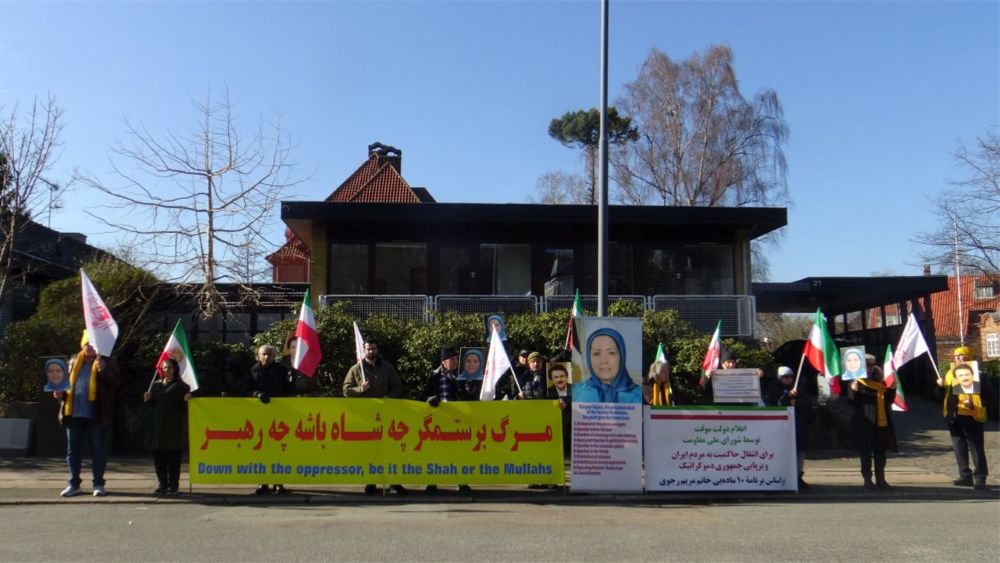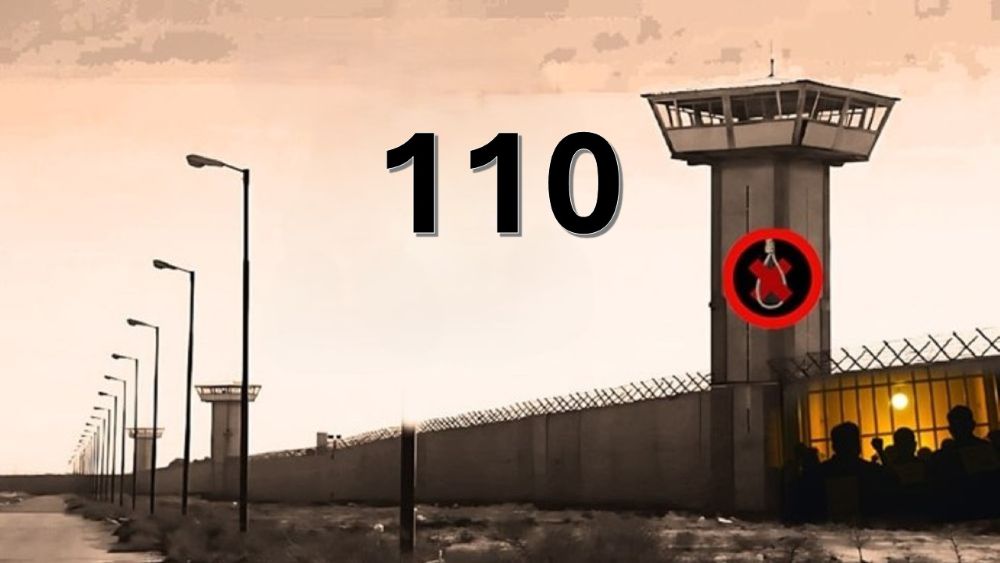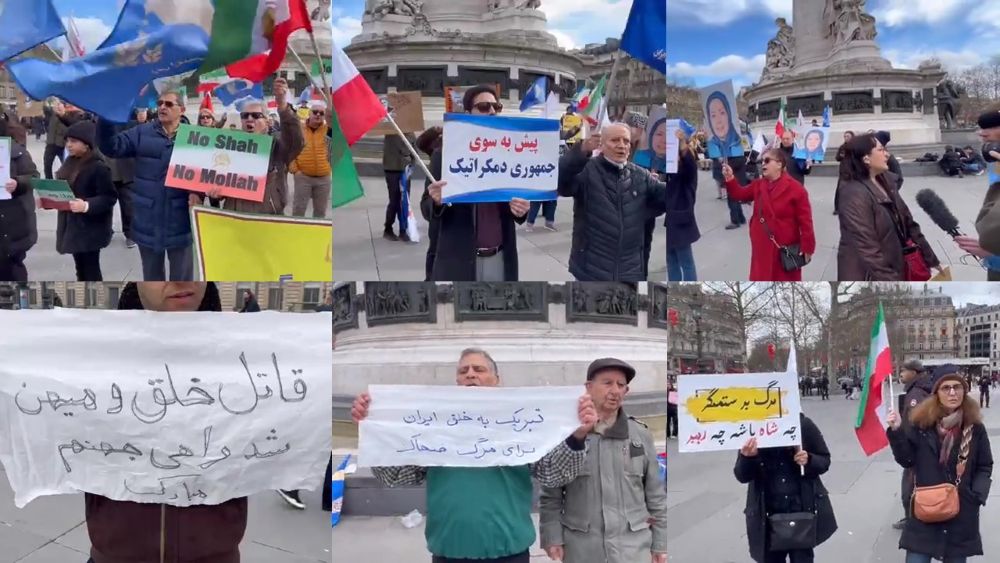The People’s Mojahedin Organization of Iran (PMOI/MEK) report that at least 30 protests have sprung up across Iran since November 26 and we will examine some of the most important here.
Protests on Thursday, November 26
Cargo workers in southwest Iran’s Khomeini Port protested against low wages, harsh working conditions, inadequate health and safety measures, the company’s failure to implement the job classification plan, and not receiving their claims.
In addition to their basic rights, they are demanding benefits for working in harsh weather, like in the summer when the temperature hits 60 degrees and the humidity is 90 percent.
Meanwhile, 40 employees of the Arvand Commercial Complex (Kenzol Mall) in Khorramshahr, southwest Iran, held a protest to demand the payment of their delayed wages because they are under intense financial pressure.
“We have not received our wages for the last three months. We numerously protested and demanded our wages. In response to us, they say you are workers of the contractor, and we do not have the financial resources to pay your salaries. How could such a large commercial complex, which has a 16 to 17 hectares plot of land with about 300 to 400 large and small commercial units, cannot afford 40 workers?” one worker said.
Protests on Saturday, November 28
Over 40 workers from Gilan province, northern Iran, who are building a reservoir dam in Bijar held a rally over 14 months of unpaid wages and the dismissal of their colleagues.
The contractor has failed to pay them for eight months of the last Iranian year, which ended in March, and six months of this year. In addition, the contractor fired four or five workers in November using a false pretext.
Meanwhile, nurses in Sanandaj, northwest Iran, staged a protest outside the Kurdistan Province Health Department to demand a year’s worth of unpaid wages, which is insane considering their hard work and sacrifice during the coronavirus pandemic.

At the same time, unemployed young people in Shahroi village, held a rally outside the Behbahan governor’s office in southwest Iran to demand that the Behbahan Bid-e Boland refinery hire locals rather than recruiting cheap labour from elsewhere.
The residents of the village sold their lands to the government on the proviso that the refinery would create jobs for young people, but the company’s officials reneged on this in the early stages of operation.
Protests on Monday, November 30
Yasuj municipality workers in Kohgiluyeh and Boyer-Ahmad province protested outside the municipality building to demand their salaries, which have not been paid in nine months and have left them unable to put food on the table.
Worse still, their insurance premiums have not been transferred to the Social Security Organization so they have problems renewing medical insurance or getting medical care during a pandemic.
Protests on Tuesday, December 1
Workers of the Arvand Free Zone in southwest Iran protested the lack of job security.
One worker said: “Slavery laws apply here. Free zone workers have neither job security nor safety. There are no health protocols and physical distancing in dormitories and workplaces. Workers’ rights are being violated in special economic zones. Employers also order the dismissal of workers whenever they want.”
Meanwhile, medical staff at Tehran’s Dr. Sapir Hospital protested not getting paid for several months.

At the same time, fuel tanker drivers protested in Choman, Ardabil province, over the low freight rates for delivery at gas stations
“The Iranian regime’s institutionalized corruption and mismanaging of Iran’s economy have ruined its economic infrastructure, pushing more people into the swamp of poverty. Thus, the regime’s downfall is the only solution to the ongoing economic crisis in Iran,” the Iranian Resistance wrote.



